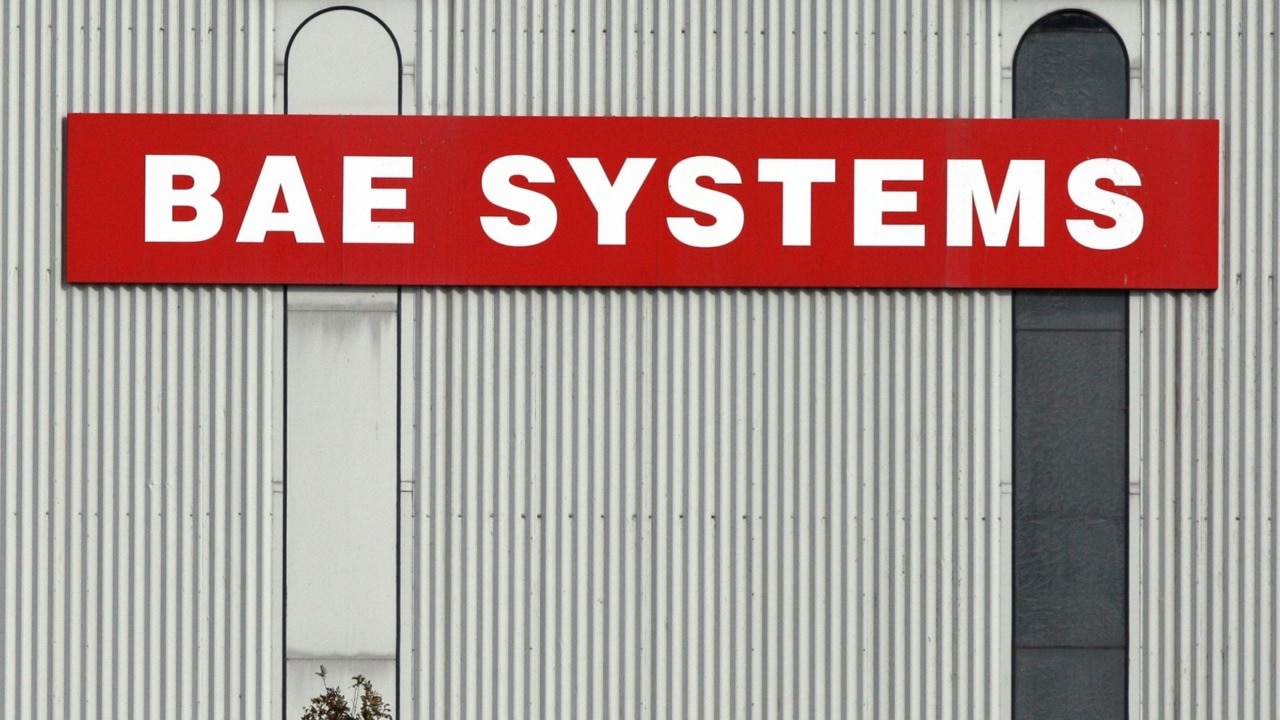English teacher working in Saudi Arabia eligible for SA worker’s comp in landmark employment tribunal judgment
An Australian man who was employed overseas for 15 years — but never worked in SA — will be paid worker’s compensation for psychological injuries suffered in Saudi Arabia in a landmark judgement. Here’s why.

Law and Order
Don't miss out on the headlines from Law and Order. Followed categories will be added to My News.
AN Australian man employed as an English teacher in the Middle East will be eligible for South Australian workers’ compensation, following a landmark judgment by the state’s employment tribunal.
No part of Arthur Stuart Firkins employment took place in South Australia and he has spent the past 15 years working almost exclusively overseas.
However, the majority of the tribunal’s full bench ruled that Mr Firkins’ employer, multinational military technology company BAE, had close enough ties to South Australia to make him eligible for compensation for a “psychological injury”.
The Law Society has warned that the decision, which is the first of its kind in South Australia, will make local businesses liable for compensating employees who suffer workplace injuries overseas and could result in higher Return to Work premiums. Mr Firkins argued the Return to Work Act allowed for compensation to be paid to him, so long as his employer was connected to South Australia.
Michael Roder SC, acting for BAE and Return to Work, said that allowing Mr Firkins to be eligible for compensation placed South Australian employers at a “considerable commercial disadvantage”.
Mr Firkins, an Australian citizen, applied for work with BAE Systems Australia in 2011.
He was living and working in Singapore but applied for the position of English language teacher for air force cadets at Dharan base, now known as King Abdulaziz Air Base, in Saudi Arabia.

He signed a contract for service exclusively in the kingdom of Saudi Arabia but had his wages paid into an Australian bank account.
Mr Firkins worked in Saudi Arabia between September 2011 and September 2015 before claiming he had suffered a psychological injury while working.
Court documents show that Mr Firkins maintains that the injury was caused during interactions with staff and other people at the base.

Law Society president Amy Nikolovski said the judgment followed recent decisions made interstate on the “principle base of business” test.
“Essentially, if a business’s head office is in SA, then the South Australian workers compensation scheme applies to employees of that business, regardless of the location they conduct their work,” she said.
“The decision means that South Australian businesses are likely to be liable for compensation of employees who suffer workplace injuries overseas.”
She said given the rise of cross-border workforces, the decision highlighted the need for employers to ensure they maintained appropriate insurance protection for employees who work overseas.
